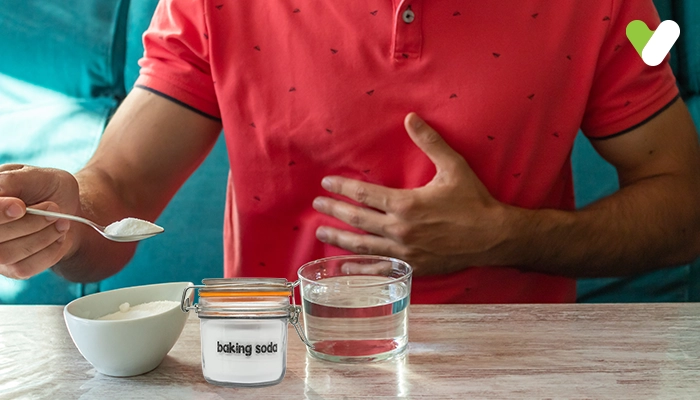If you're like most people, you've probably experienced indigestion at one time or another. Indigestion, also called dyspepsia, is a feeling of discomfort or pain in the upper abdomen. It's usually caused by problems with digestion, such as eating too fast, eating too much, or eating foods that are hard to digest. Indigestion can also be caused by drinking too much alcohol or coffee.
People who have frequent bouts of indigestion, which last for months at a time, may have gastritis, an inflammation of the stomach lining. Gastritis is usually caused by overuse of alcohol, smoking, eating foods that are hard to digest, or taking certain medications.
People with serious cases of indigestion may have gastroesophageal reflux disease (GERD). GERD is caused by stomach acid backing up into the tube that connects your mouth and stomach (oesophagus). If this happens often, damage can occur in the oesophagus and may lead to cancer.
People with severe indigestion often take over-the-counter medications or prescription drugs to ease their symptoms while their illness runs its course. For less serious cases of indigestion, home remedies and diet changes can help.
Top 7 Home Remedies for Indigestion and Gas
- Eat smaller meals more often throughout the day instead of three large meals.
- Avoid foods that are hard to digest, such as fatty or fried foods, spicy foods, and carbonated drinks.
- Chew your food slowly and thoroughly.
- Drink plenty of fluids, especially water, throughout the day.
- Get regular exercise to promote good digestion.
- Avoid smoking or drinking alcohol, coffee, or tea.
- Eat yoghurt with "live cultures."
Diet Plan For Indigestion
There are several dietary changes you can make to help ease your symptoms of indigestion. Some people find that adding fibre to their diets helps regulate their bowels and prevents constipation, which can cause indigestion. Eating a high-fibre diet may help provide relief from digestive discomfort.To fight off other symptoms of indigestion, try consuming more foods that are high in calcium and magnesium, such as milk or yoghurt. The acidity of these products coats the stomach lining and helps it heal.
Another change you can make to your diet is taking probiotics, which are supplements that contain healthy bacteria that can help ease symptoms of indigestion, gas, and bloating. Probiotics come in pill form or as a special kind of yoghurt with "live cultures."
If you have persistent indigestion, be sure to consult your doctor to rule out any serious medical problems. With some simple dietary changes and over-the-counter medications, you should be able to get relief from your indigestion symptoms.
Overview of Acid Reflux During Pregnancy
Acid reflux is a common problem that many women experience during pregnancy. It is caused by the increased level of progesterone in the body, which relaxes the muscles in the stomach and intestines. This can allow stomach acid to flow back up into the oesophagus, causing heartburn and other symptoms.Some women find that their symptoms of acid reflux improve after the baby is born. However, for others, the symptoms may continue or even get worse. If you have severe or ongoing acid reflux during pregnancy, be sure to consult your doctor. He or she can prescribe medications to help relieve your symptoms and protect your baby.


